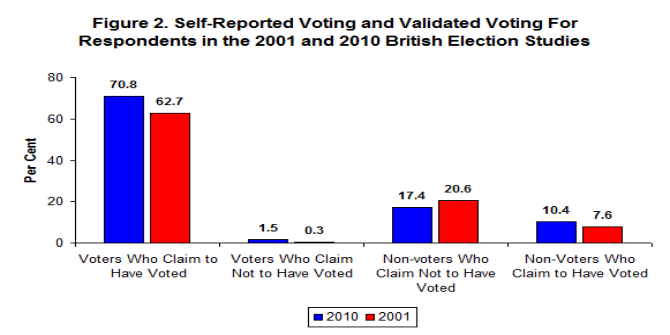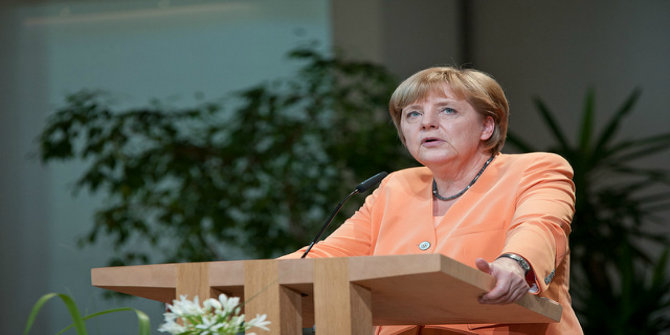 Three months since the UK voted to leave the EU and it is still unclear what form Brexit will take or what the next steps are. What we instead have to go by is Theresa May’s ambiguous ‘Brexit means Brexit’ assertion. Dennis Shen outlines some of the reasons why Brexit remains far from a foregone conclusion.
Three months since the UK voted to leave the EU and it is still unclear what form Brexit will take or what the next steps are. What we instead have to go by is Theresa May’s ambiguous ‘Brexit means Brexit’ assertion. Dennis Shen outlines some of the reasons why Brexit remains far from a foregone conclusion.
It wasn’t easy for Greenland – it certainly won’t be for the UK
Greenland became the most significant example of a political entity to leave the European Communities when it concluded its exit in 1985. In the case of Greenland, the problem was fishing – an industry that makes up still near 90 per cent of the territory’s exports. After it was brought unwillingly into the European Economic Community (EEC) through Denmark’s accession in 1973, concerns grew within Greenland about the loss of control over fishing rights to Brussels due to the Common Fisheries Policy. Greenland held an in-out referendum in 1982, to stage the reassertion of local control, revitalisation of Eskimo culture and restriction of competition from the giant fleets of the EEC on sovereign waters. In the referendum, 53 per cent of Greenlanders backed a withdrawal.
In an interview with Bloomberg, Uffe Ellemann-Jensen, who handled negotiations for Greenland’s exit from the EU as Denmark’s former foreign minister, spoke to the unexpectedly lengthy three-year exit process, even in what was otherwise in this case a ‘fairly simple task that resulted in a relatively simple and easy to understand protocol’. Ellemann-Jensen argued that if it took Greenland three years to conclude its exit, the concept that the UK can exit within the two years given after invocation of Article 50 is nothing but illusory.
The exceptionally complicated negotations involved
Due to a complicated array of trade, security and foreign, environmental, economic and financial, and other interconnections in play, it’s speculated that the process of Britain completely shedding itself of EU institutions could last a decade. Former British Foreign Minister, and now Chancellor, Philip Hammond noted a more optimistic estimate of up to six years, with four years for the treaty ratification process across the EU. In addition to completion of a divorce settlement and new arrangement with the European Union, Britain must secure new trade deals with the 60 countries with whom it currently enjoys preferential trade within the EU. Even the default to WTO trade relations, widely viewed as the safe fall back option, would not be automatic and would require complex talks with WTO parties.
Given the exceptional horizon involved, it’s important to note that if Article 50 is invoked and the two years allocated expire absent an agreement, negotiations can be extended if all 28 EU member states agree. It would presumably be in no one’s benefit for the UK to enter some form of legal limbo, in which it exits without new laws arranged. To make onerous talks more feasible, negotiations could moreover be phased in, and interim transition relationships be considered, like perhaps temporarily the arrangement that Norway has with the EU. Given the unlikelihood that the UK can achieve its ideal solution within any restricted time boundary, such transition arrangements may be crucial.
Politics as a major hurdle
Even so, when we touch on a process of the complexity of Brexit, politics will represent a major hurdle. In the Bloomberg article, Lars-Emil Johansen, Greenland’s former business minister who spearheaded Greenland’s exit negotiations alongside Ellemann-Jensen, recalled how political havoc broke out in year two of the exit process, when the withdrawal arrangement was panned by a broad part of the population unhappy that it maintained fishing rights for EEC nations on Greenland waters. The opposition parties called this a ‘sellout’ and ousted the minority government in a vote of no confidence, forcing a new election in 1984. In the decisive election, Johansen’s Siumut party was re-elected and the island left the European Communities the following year.
Similarly, even when/if Article 50 is invoked, Brexit would need to survive multiple political cycles to reach a successful conclusion. This would necessitate resilient support for Brexit in the decade involved – to allow the conditions to delve meticulously into the complex arrangements. Given the narrow margin of victory for the Leave campaign in June’s referendum, the stability of this majority support would appear to be tenuous – even if backing has been bolstered in the near term by post-referendum optimism. If views were to change on Brexit in the longer run (or talks to hit a standstill), a new election and/or a second referendum would be channels that could legitimise any such change.
Obstacles to a united vision of Brexit
Acknowledging the expectation that the UK must leave the EU once Article 50 has been invoked, Theresa May’s team has been sensibly cautious in taking this step. While new Brexit departments are being formed and official negotiating positions being considered, the UK will hope to reach a vision of Brexit the nation can get behind and presumably some form of understanding with the EU before it considers acting on Article 50. Prerequisites include an agreement with European leaders on the sequence of Brexit talks, including whether the terms of the exit can be negotiated concurrently with talks on the future relationship.
In addition, the vision of Brexit needs to be resolved. The government recently stated its preference for a unique deal: one that emphasises ‘controls on the numbers of people who come to Britain from Europe’ but also ‘a positive outcome for those who wish to trade goods and services’. But this runs into the irreconcilable conundrum – how the UK can retain full access to the single market whilst greatly reducing immigration.
EU leaders have been adamant on the principle of free movement of people in exchange for full market access. If May’s cabinet eventually backs a proposal that controls EU migration but restricts market access, this would be met with stern criticism from pro-business groups, including members of her Cabinet, with the financial industry lobbying to retain passporting rights. However, if May’s Cabinet backs a deal that does not adequately address immigration, backlash from the pro-Brexit camp would mount. Internal divisions loom, risking negotiation postponement and political instability.
Preserving the United Kingdom
Moreover, the decisions of Scotland will play a pivotal role. Theresa May stated that Article 50 would not be triggered until an approach for negotiations that reached all parts of the UK had been attained. May, who has previously emphasised her commitment to the Union between the nations of the United Kingdom, faces clear contradictions in her government’s objectives if she intends to invoke Article 50 but prevent Scottish consideration for a second independence referendum. In addition, legal challenges to Brexit in Northern Ireland and speculative discussions on so-called ‘reverse Greenland’ arrangements – in which regions of the United Kingdom, like Scotland, Northern Ireland and Gibraltar, would remain in the EU even whilst the UK as a whole exits – add further layers of complexity to negotiations.
To state the obvious, the challenges to Brexit are extraordinary. May acknowledged this in an interview with BBC, noting the possibility of ‘difficult times ahead’. These challenges led Ellemann-Jensen, comparing the UK’s case to Greenland’s experience, to posit that a Danish model of opt-outs from Europe might be ‘the most feasible solution’ that the UK can hope for. While we debate on when Brexit might happen, it’s important to caution that, acknowledging these challenges, even if Article 50 was invoked and formal exit talks launched, the successful resolution of Brexit would remain far from a forgone conclusion.
Image credit: Michael Coghlan CC BY








